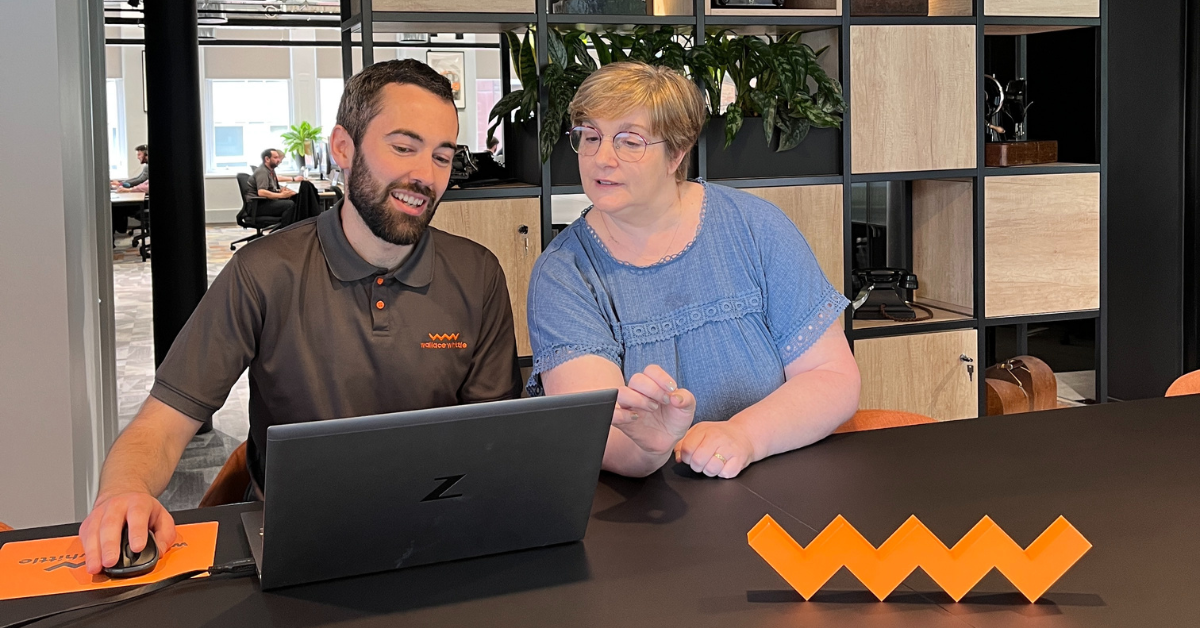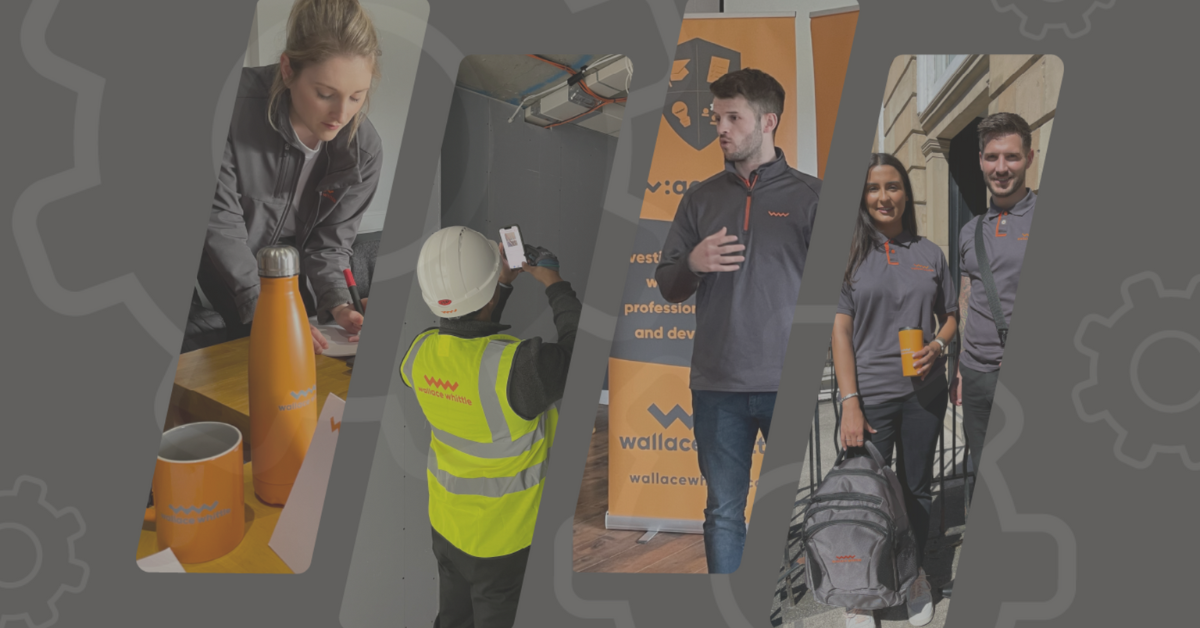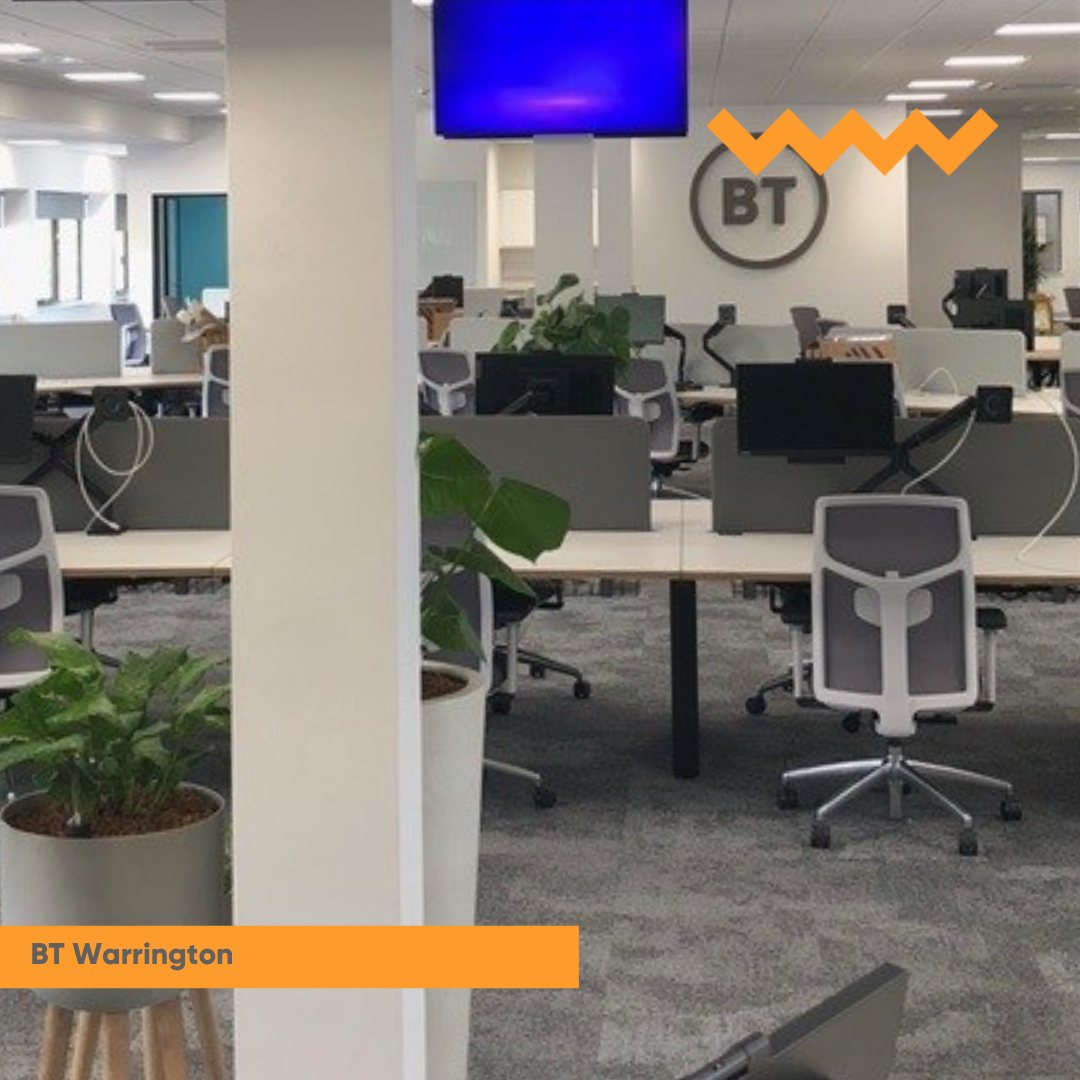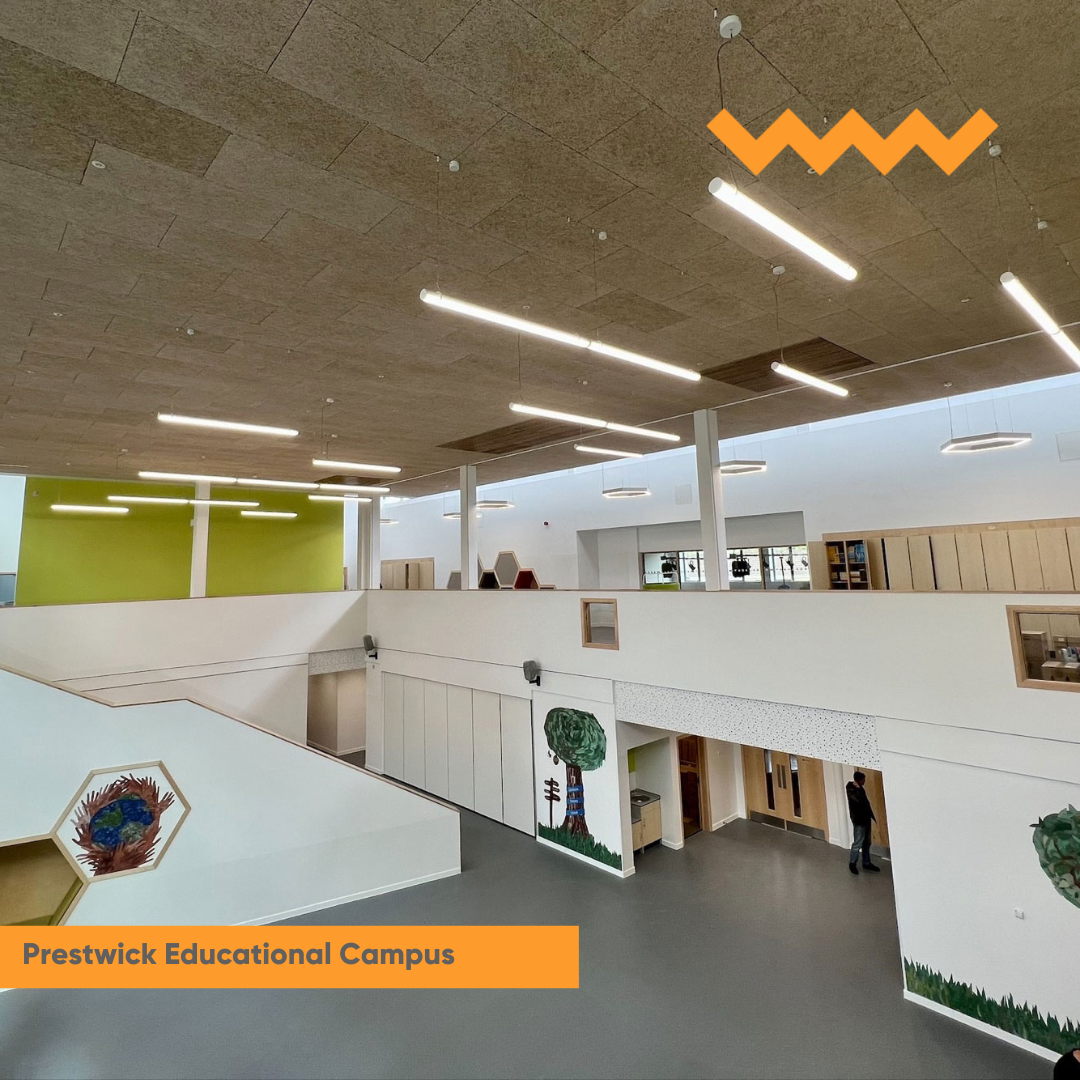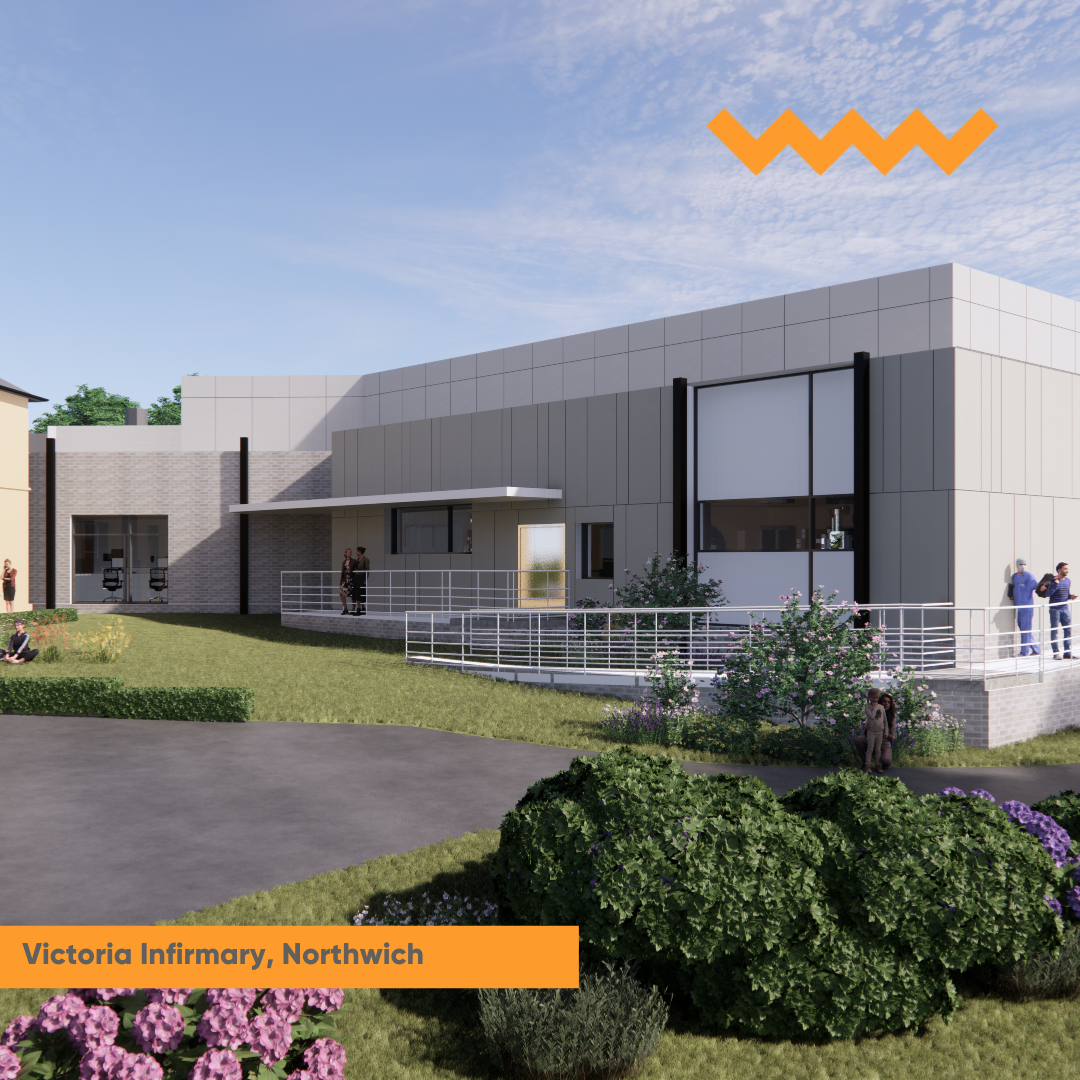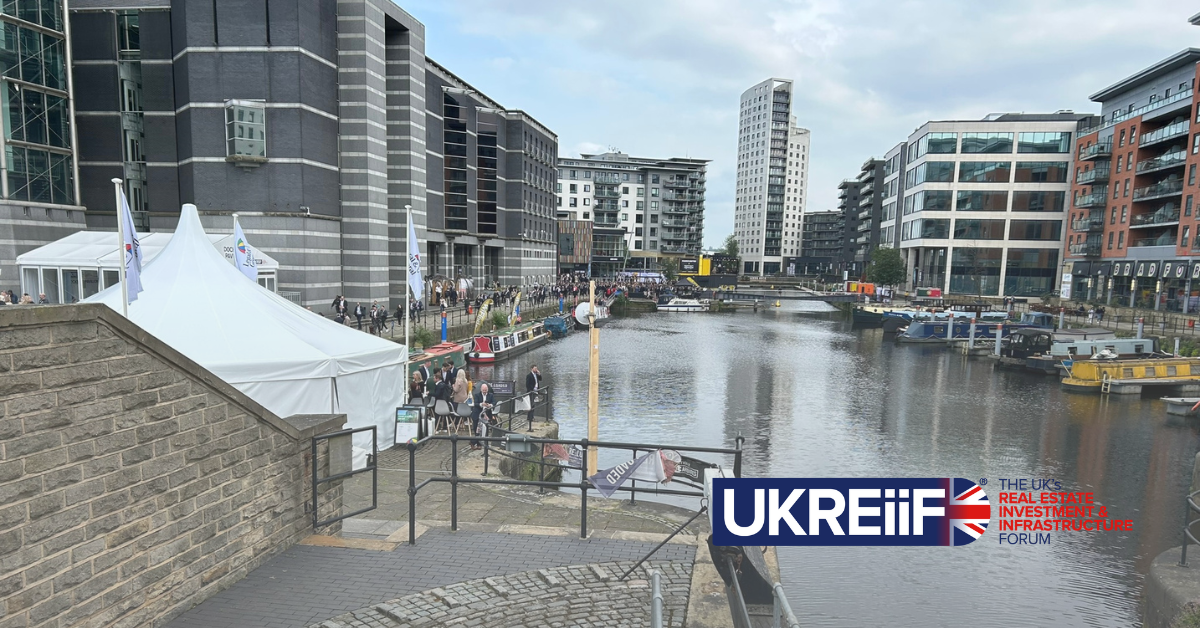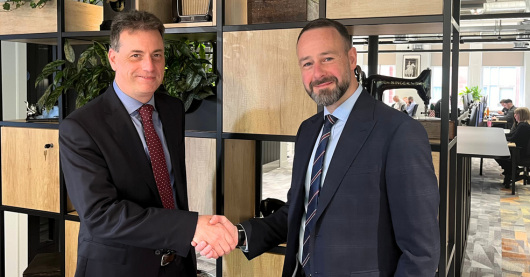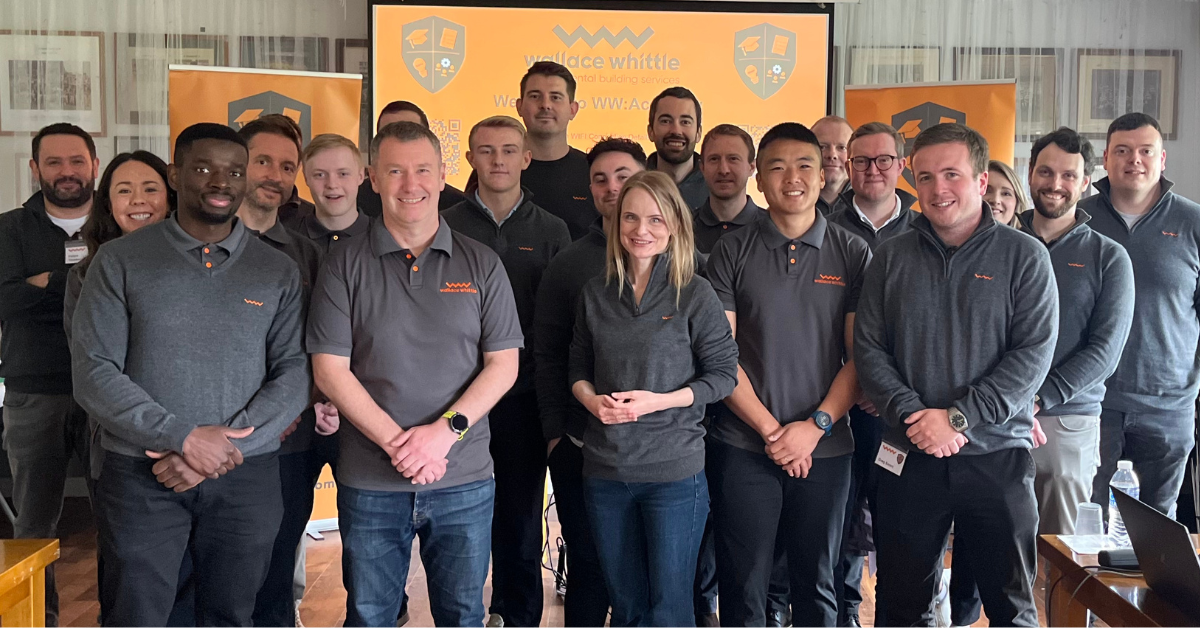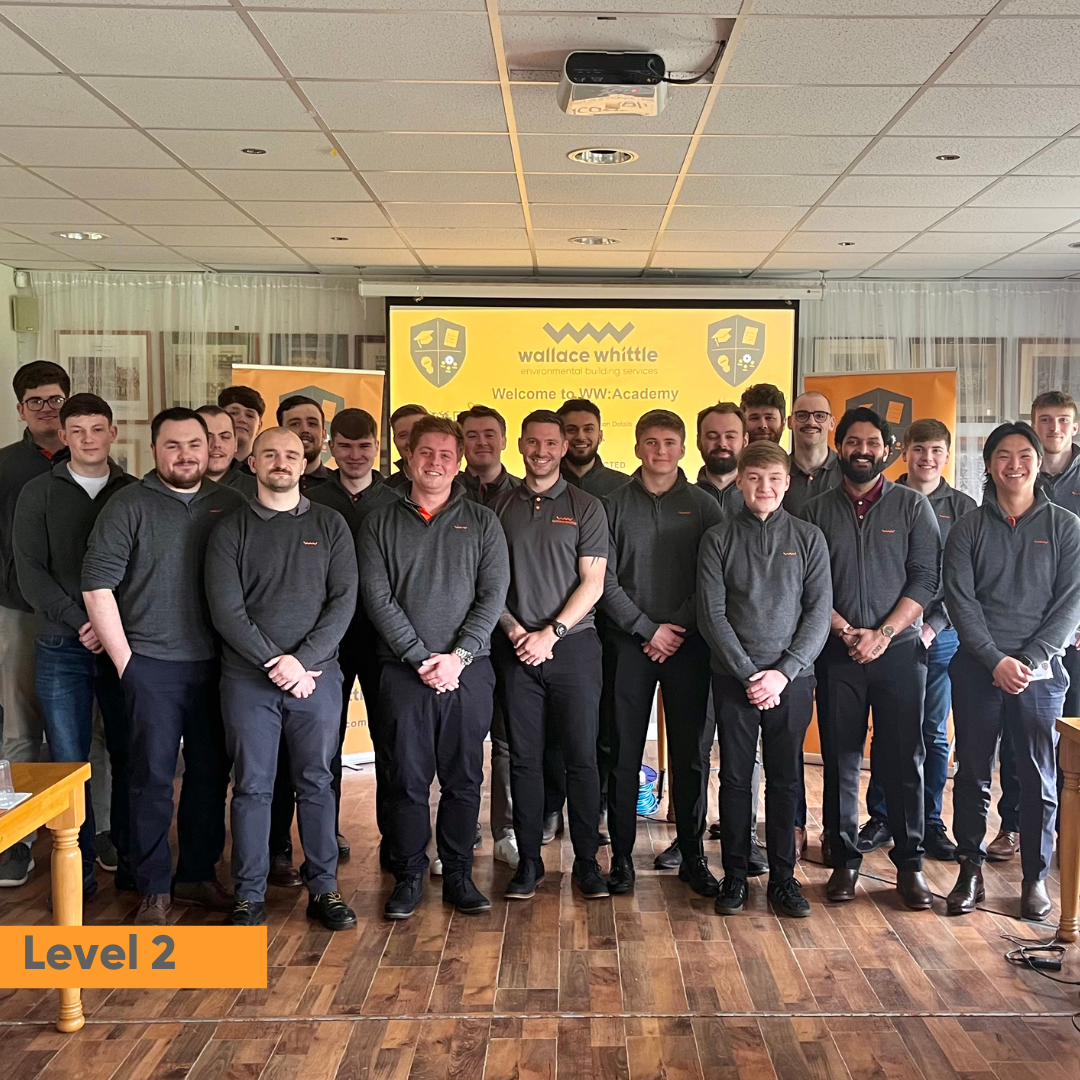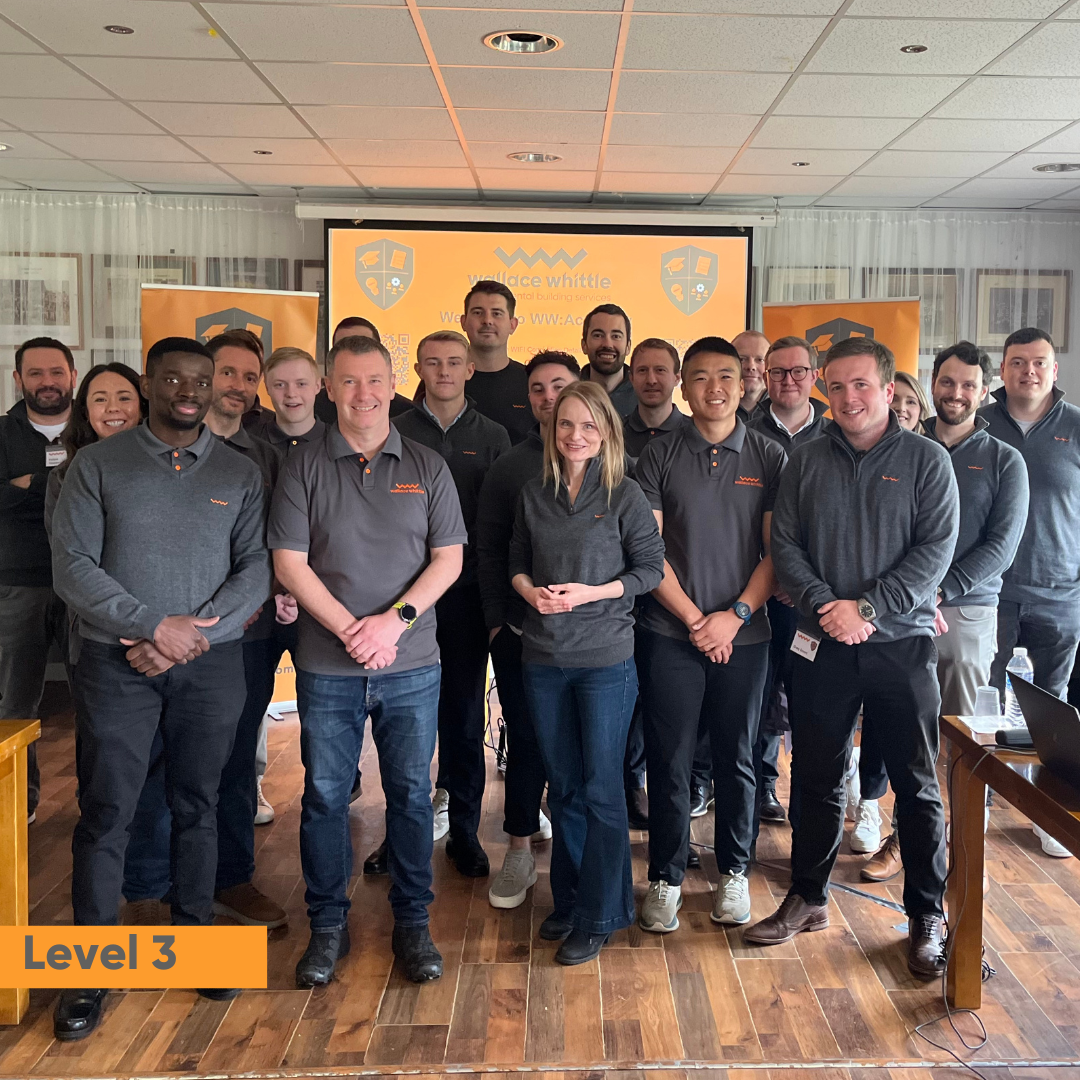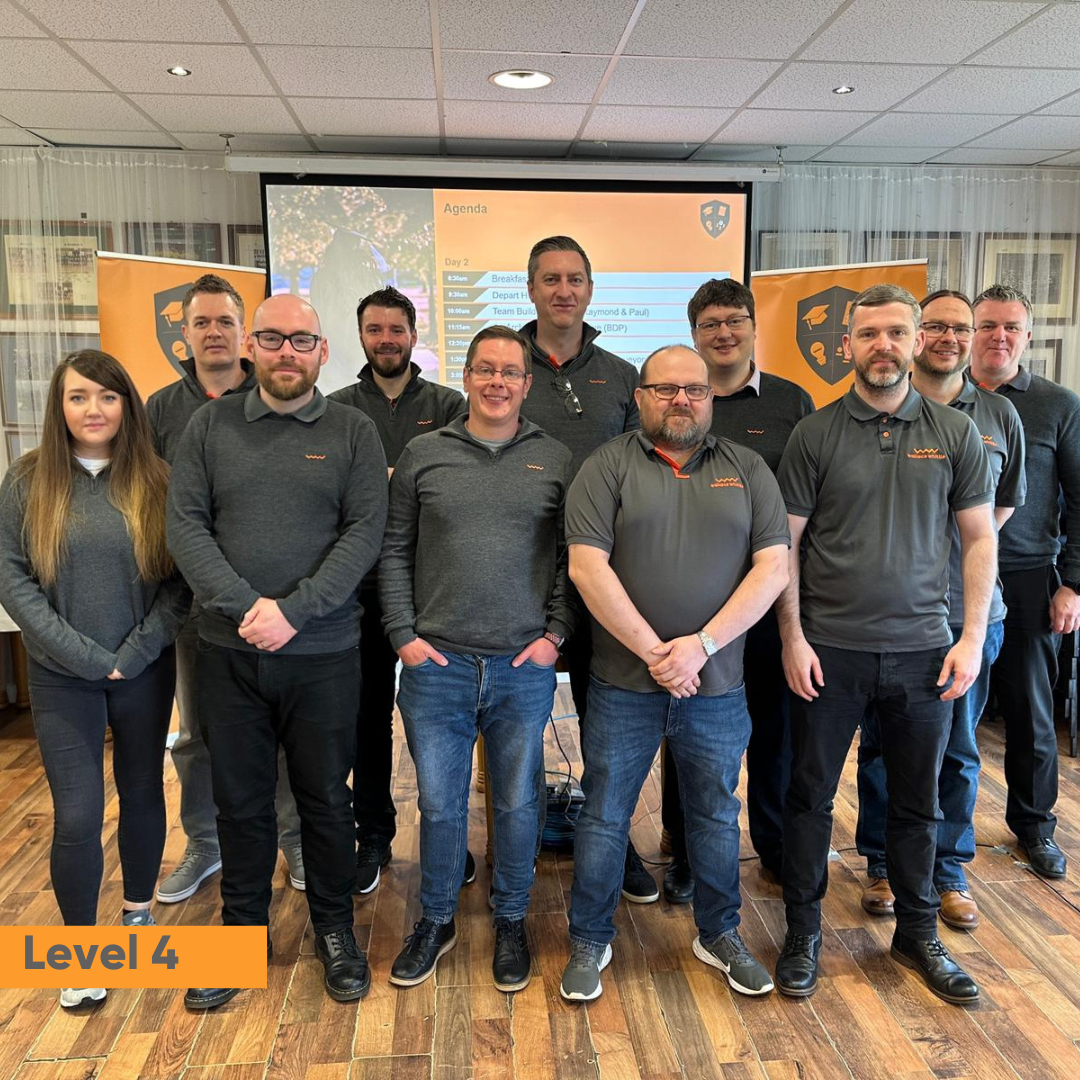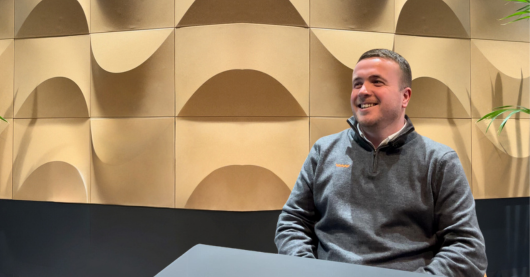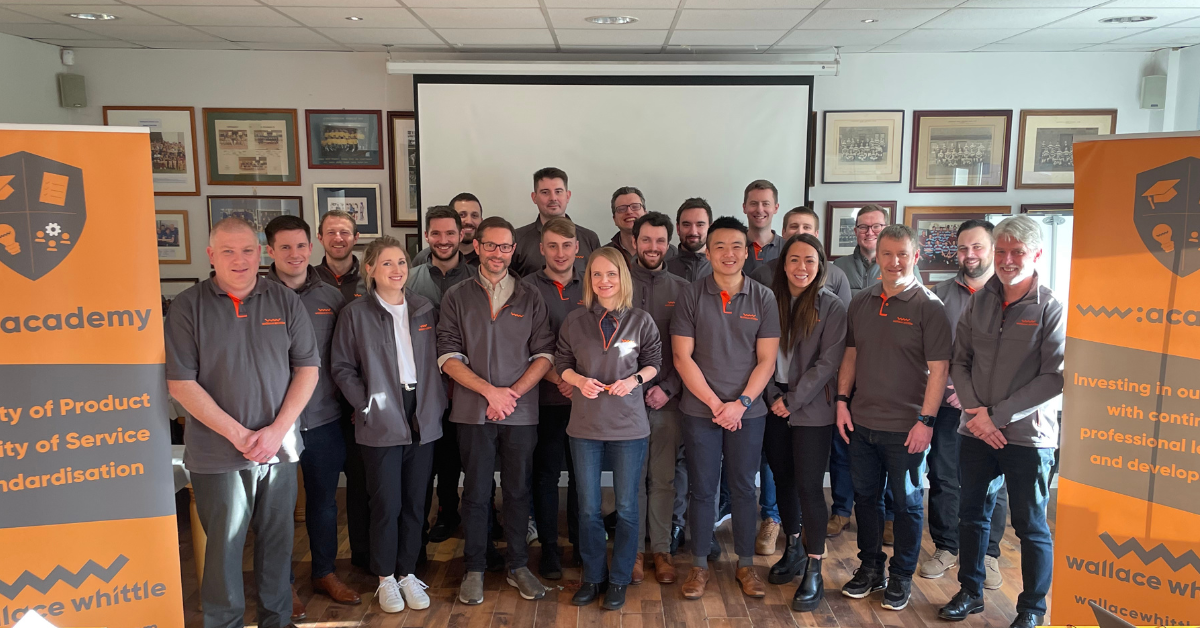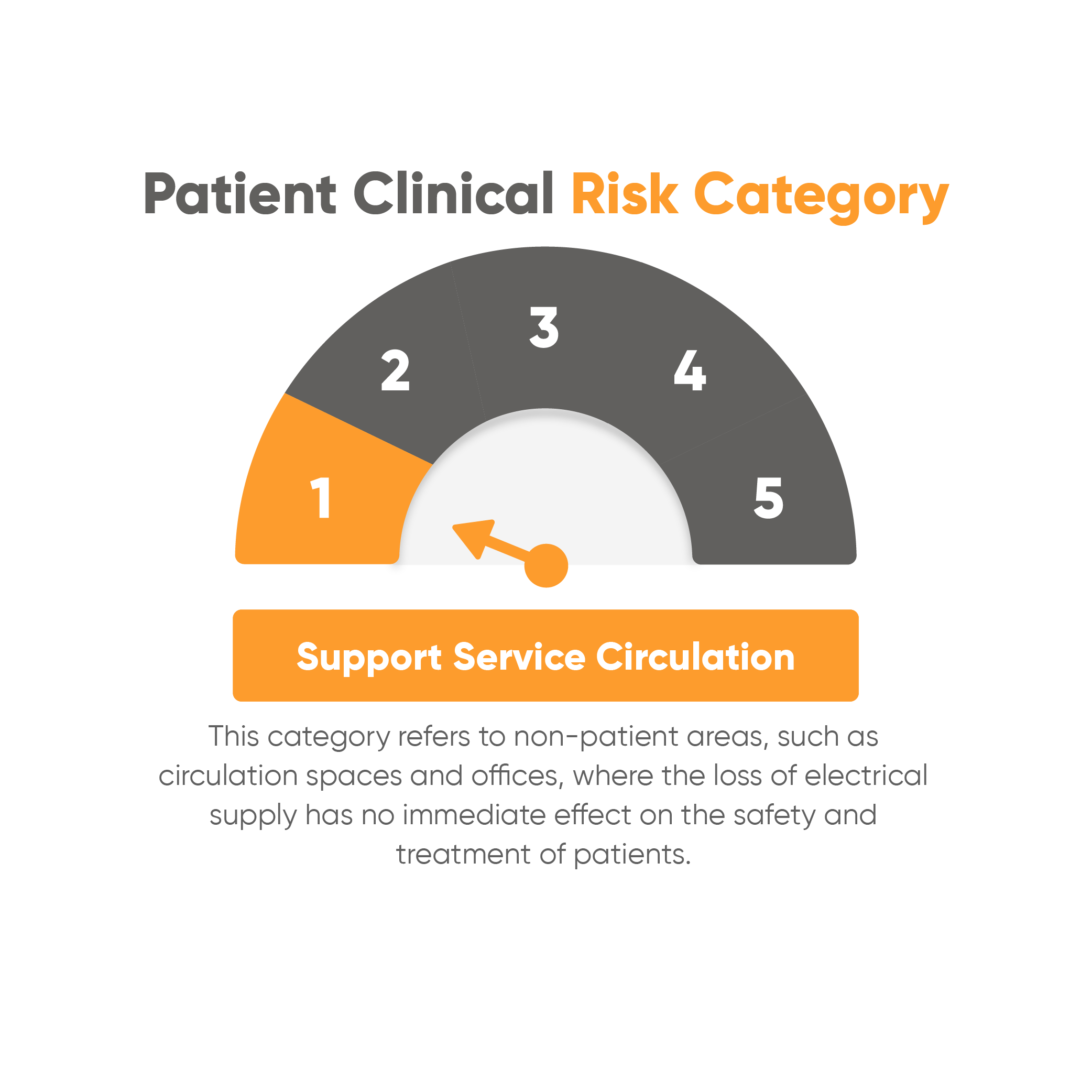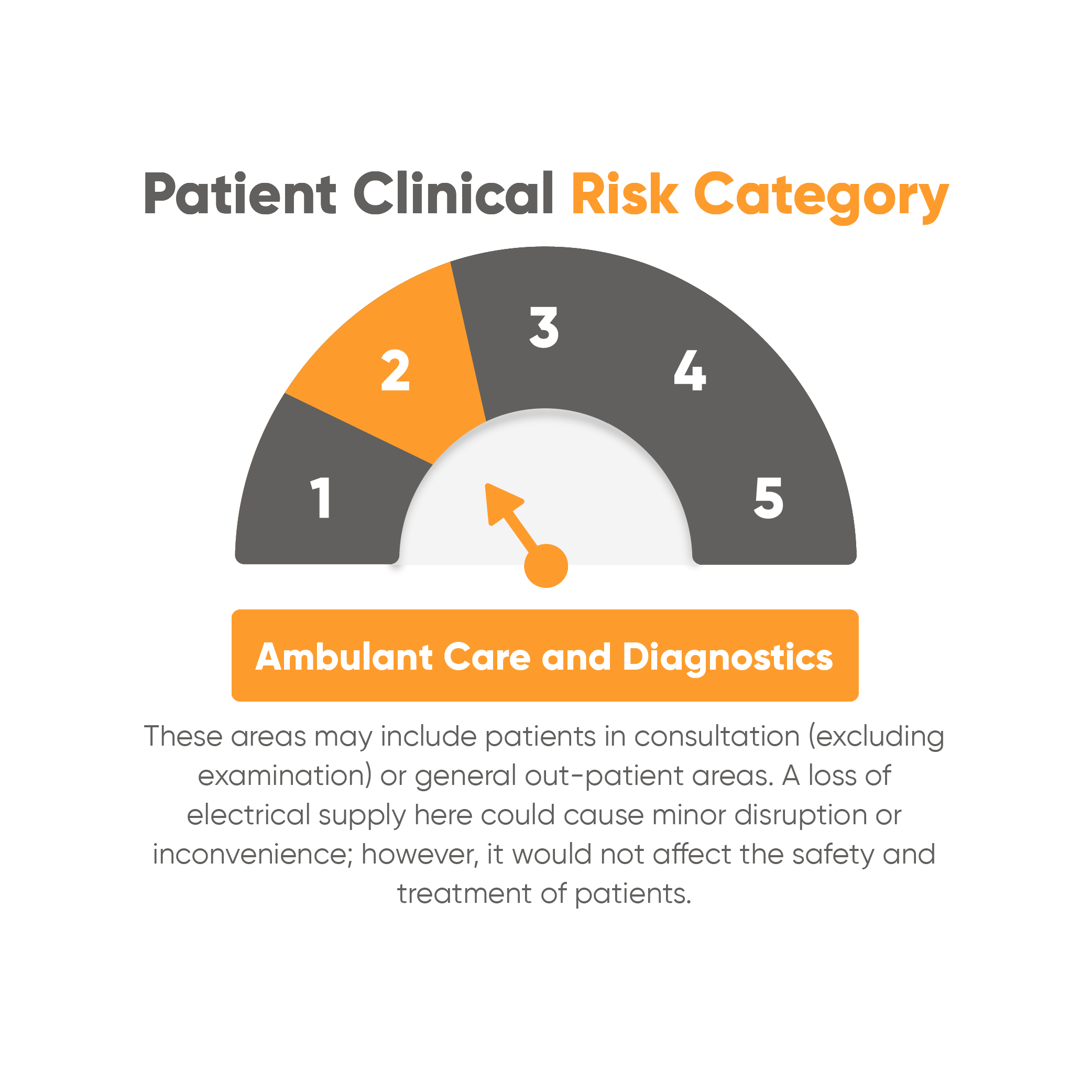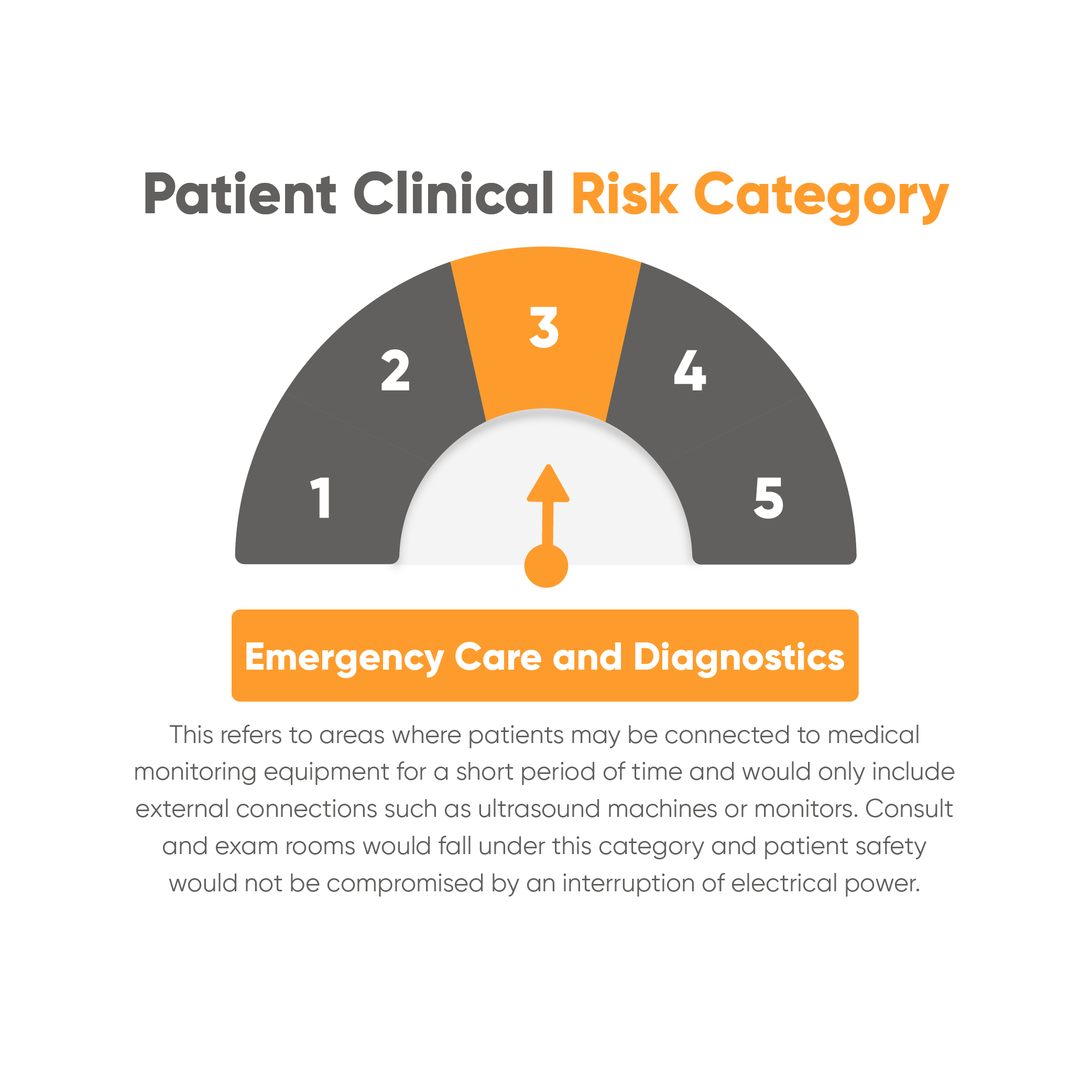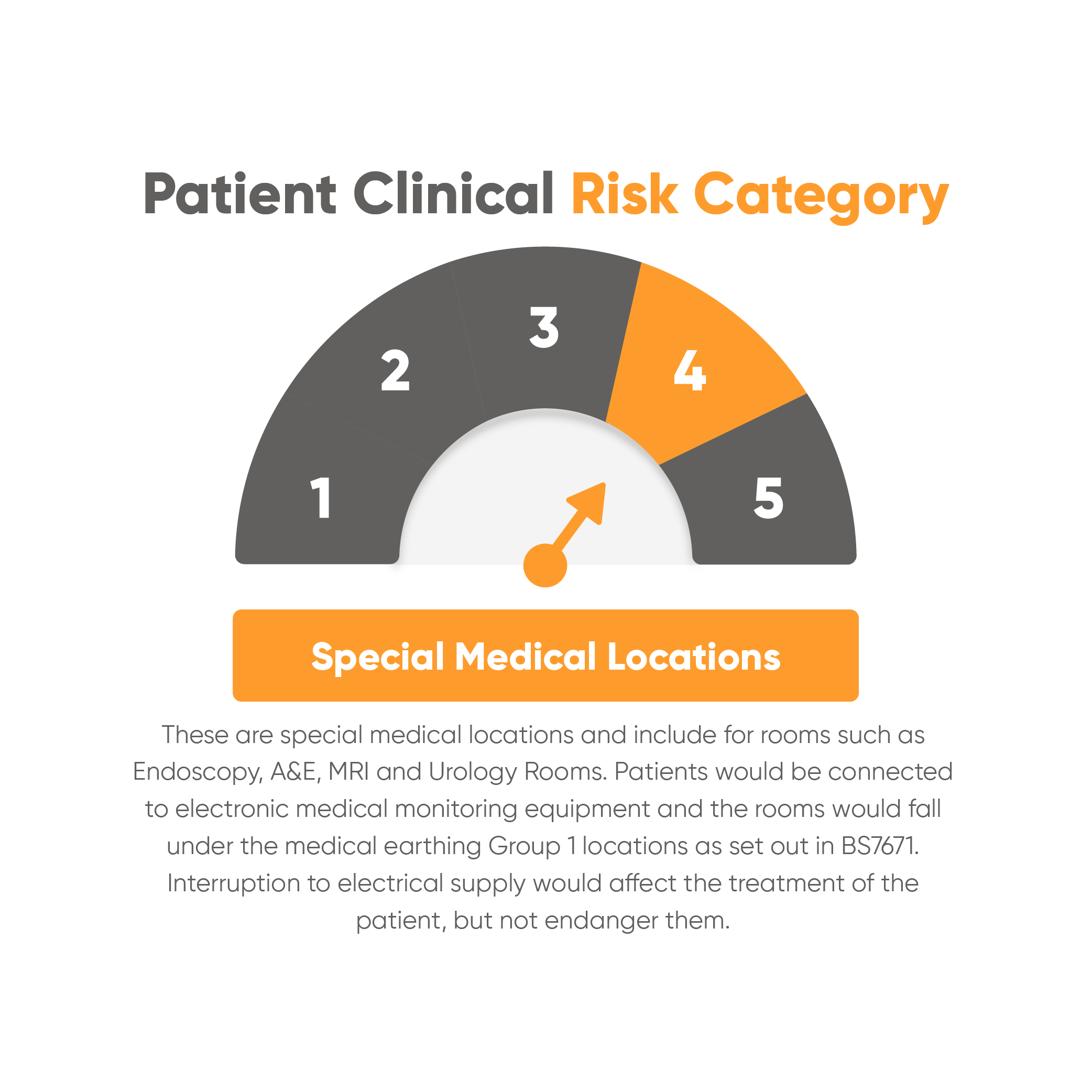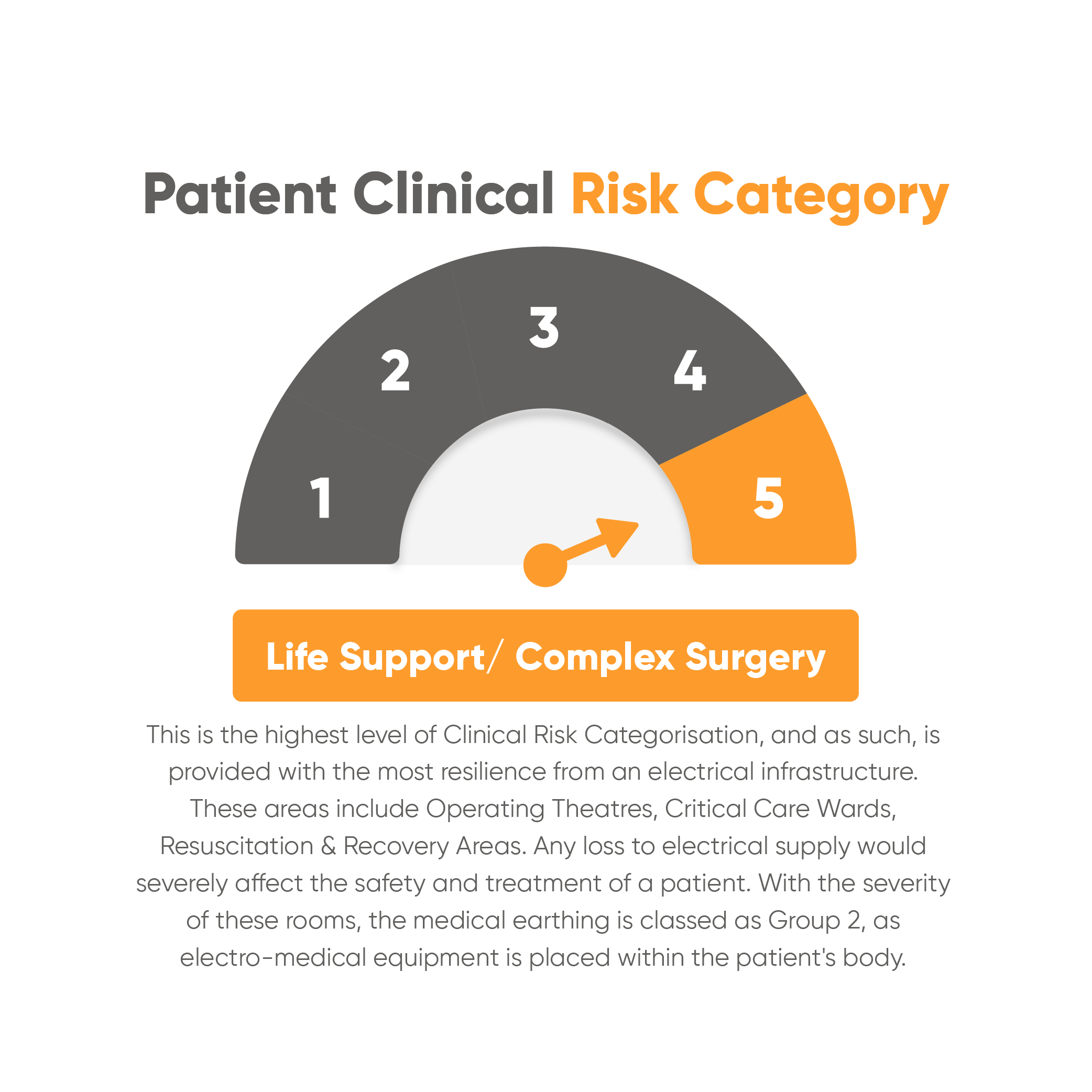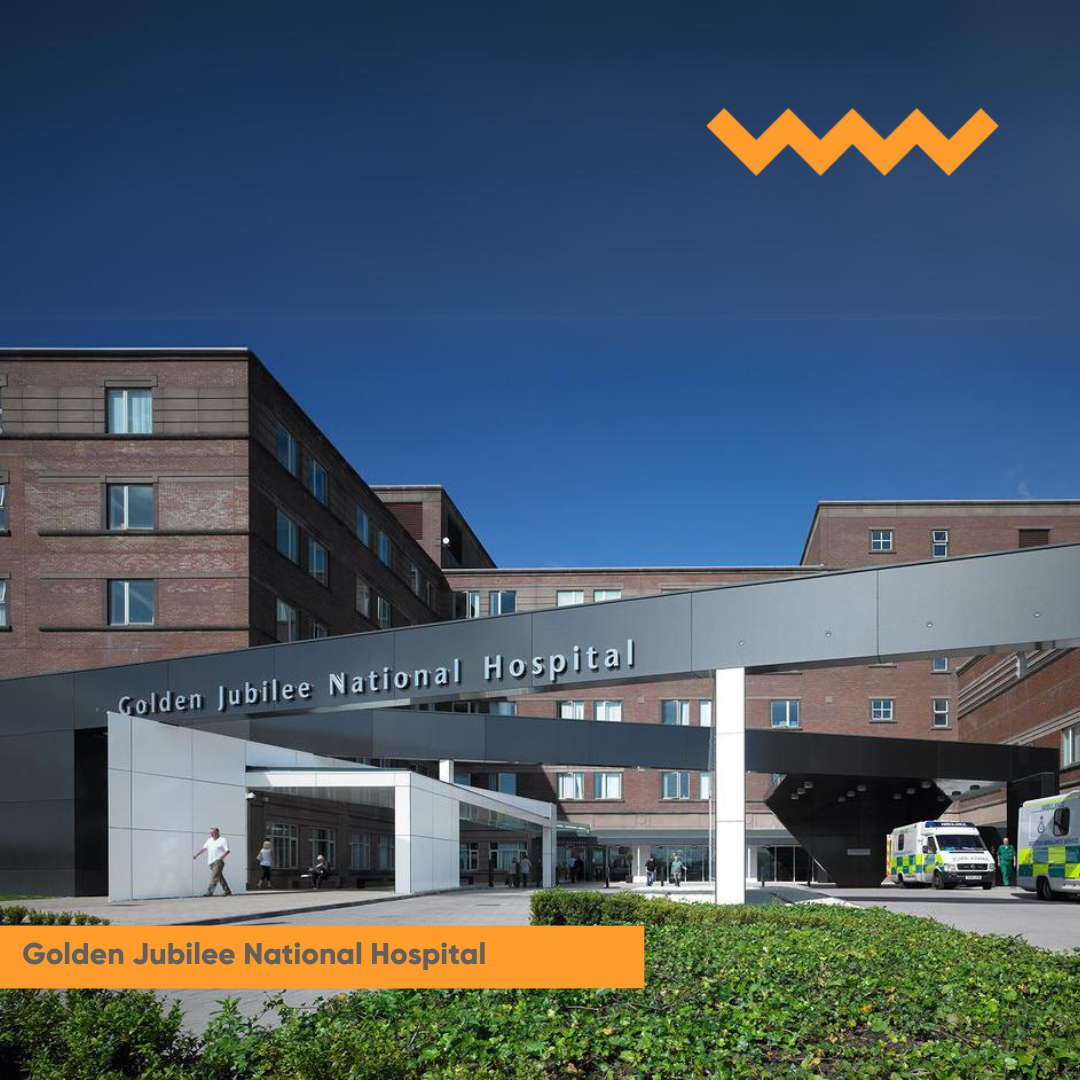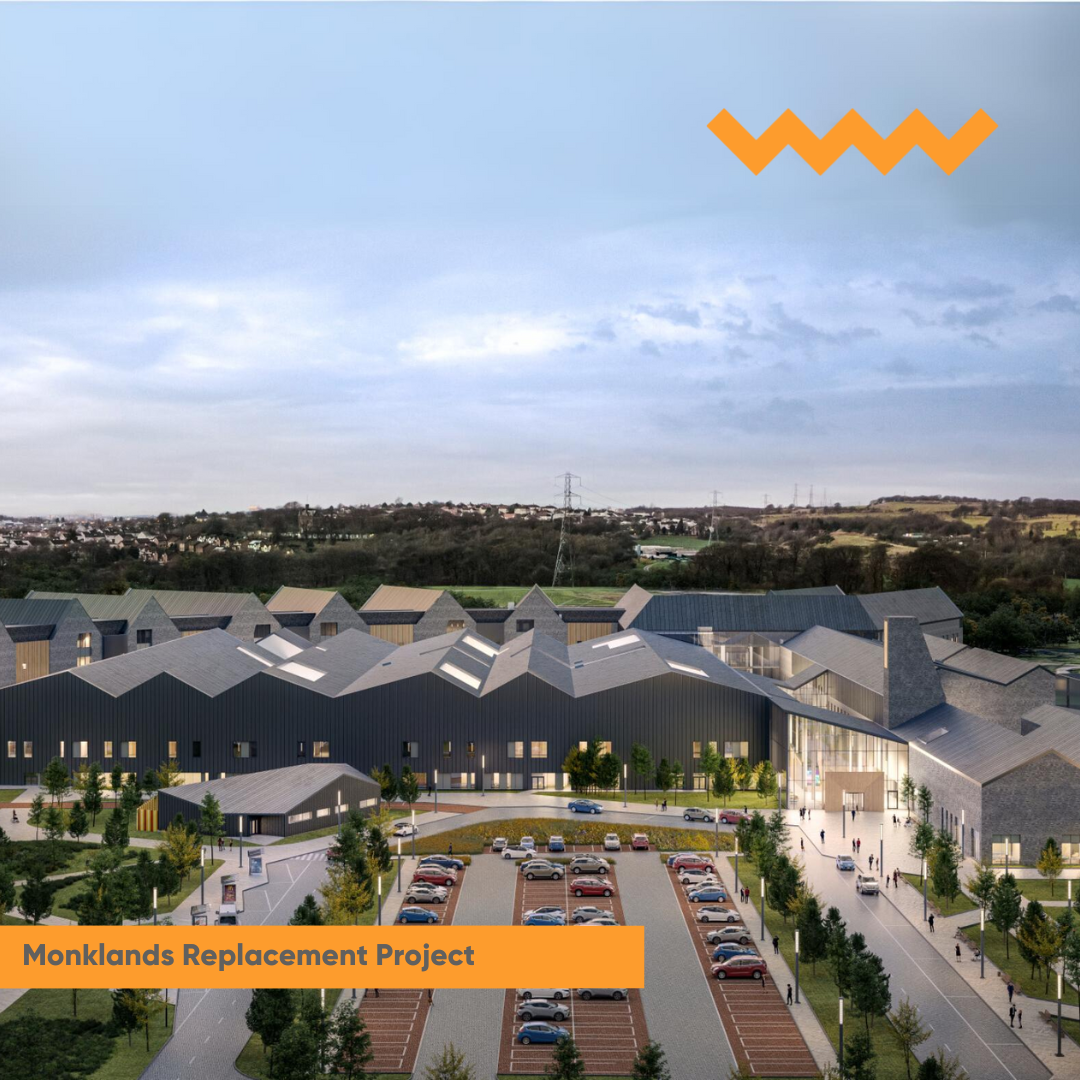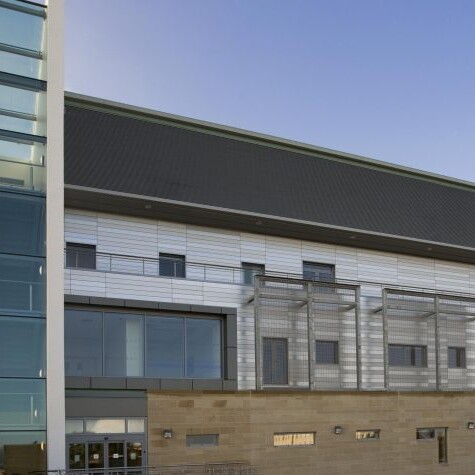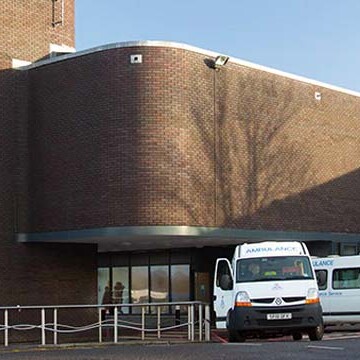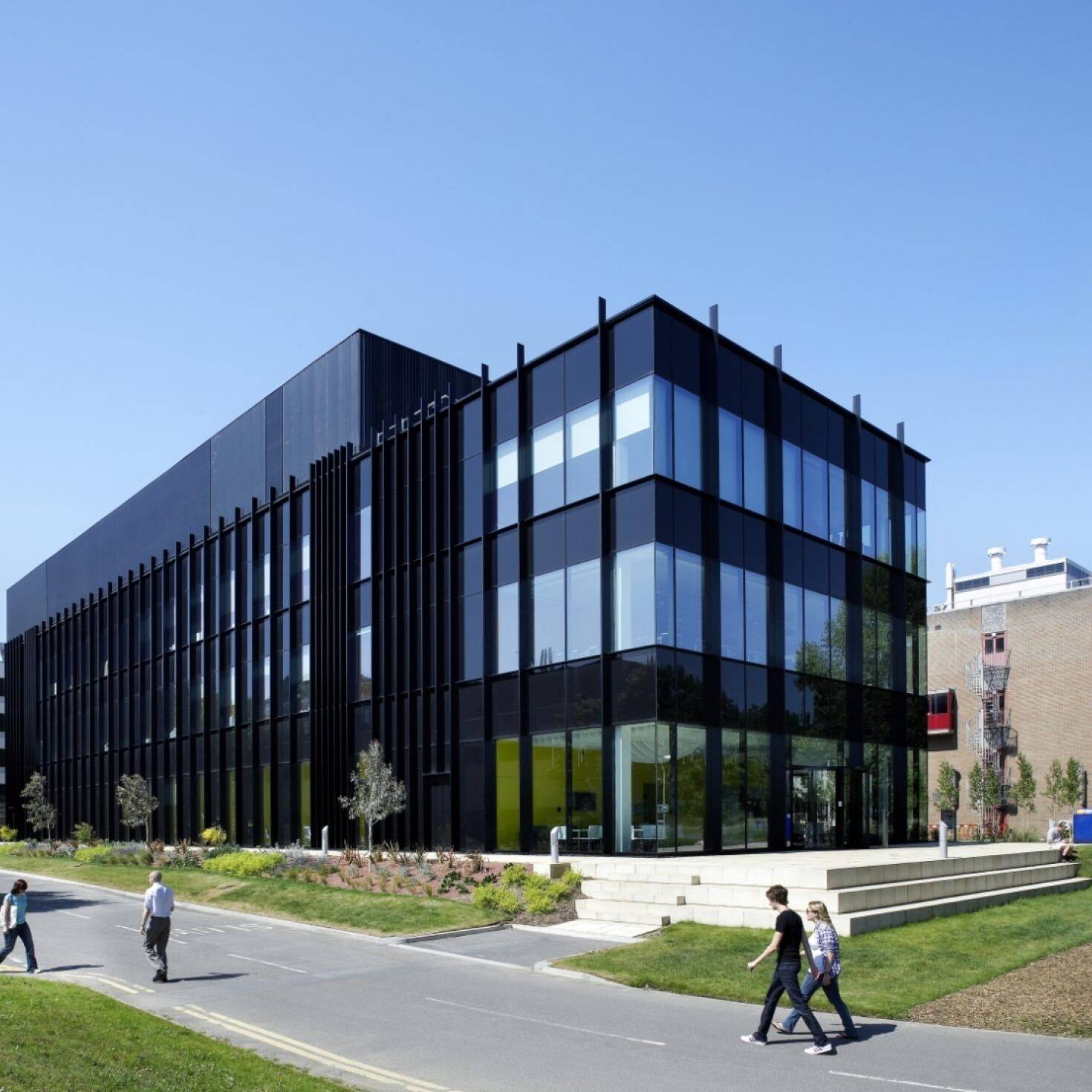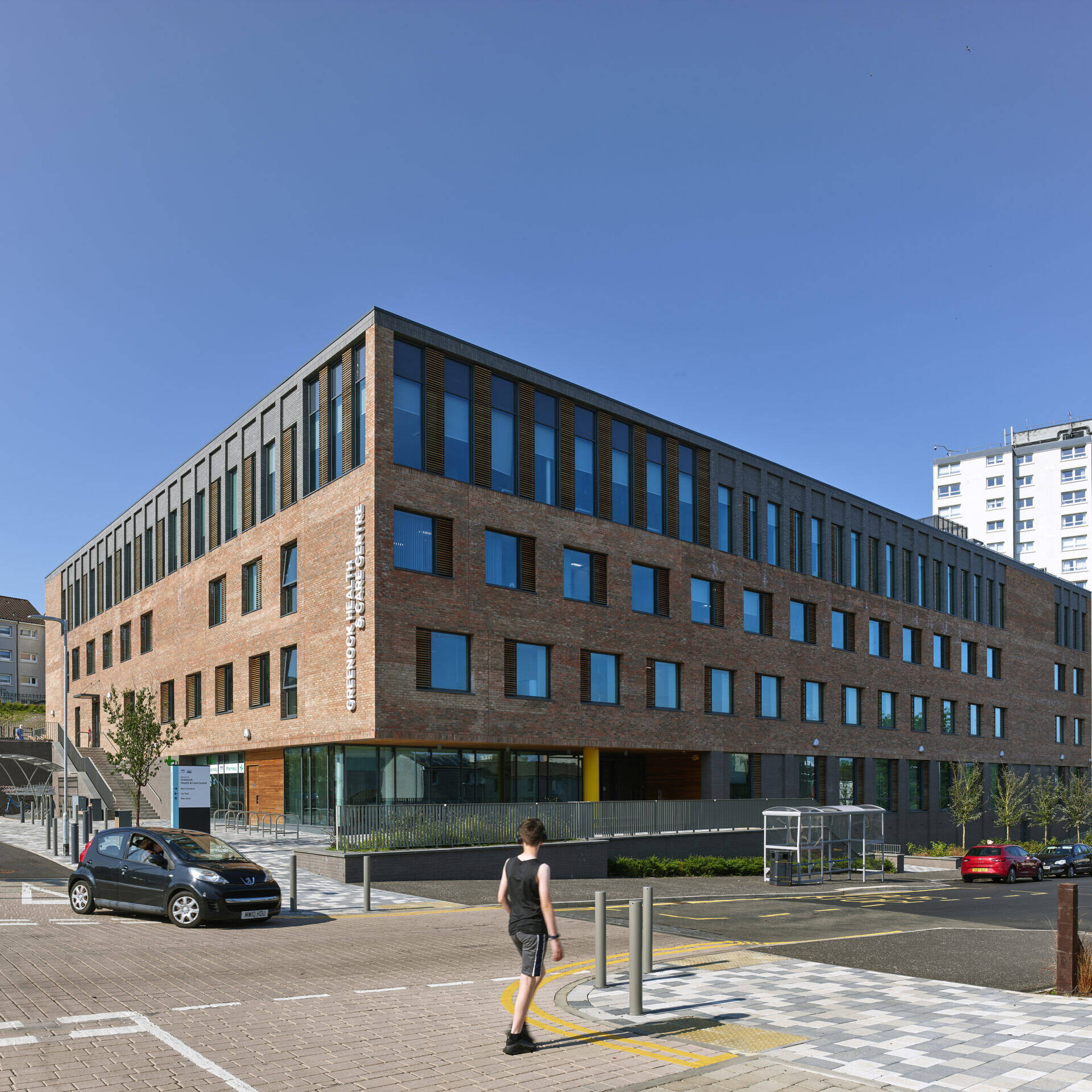Are You a Retired or Nearing Retirement Engineering Expert?
News
Retired or Nearing Retirement Engineering Experts: Join Our WW:Academy Team
Are you a retired, or nearing retirement, professional with a wealth of experience in mechanical, electrical, or public health engineering?
Are you looking for a fulfilling way to share your expertise? Look no further! Wallace Whittle are looking for experienced individuals to join their WW:Academy Team on a flexible, part-time hybrid basis.
The opportunities are diverse, catering to individuals with varying areas of expertise. Whether you excel in training and development, technical documentation, or quality assurance, there’s a place for you to make a meaningful impact.
Here's how you can get involved:
- Training and Development: Assist in shaping the next generation of engineers by contributing to the creation of training materials and development programs.
- Technical Documentation: Play a crucial role in updating and maintaining technical documents, templates, and standards, ensuring accuracy and relevance in an ever-evolving industry.
- Quality Assurance: Help uphold the highest standards by participating in quality and technical audits, ensuring consistency and excellence in the services provided by Wallace Whittle.

Who are we looking for?
- Recently retired engineers who are looking to give back and share their knowledge with the next generation.
- Current engineers who are looking at retirement, but would consider moving to one/two days a week.
- Engineers who are looking to get back into work on a part time/flexible basis.
Your years of experience and expertise will not only benefit the company but also contribute to the continual growth and development of engineering professionals. By sharing your knowledge, you’ll help maintain and elevate the quality of products and services delivered by Wallace Whittle.
These positions offer flexibility, allowing you to work part-time and focus on areas where you excel. Don’t worry about administrative tasks – the in-house team will provide support, so your valuable time can be dedicated to what you do best.

What can we offer?
- Short, medium and longer term contracts.
- Fixed or flexible working hours.
- Agreed days of commitment that work for you!
- Competitive payment for your time.
We spoke to Richard Thomas, who is currently working with us as part of this initiative.

“Everyone is under so much pressure to get things done we have forgotten to pass the basics on to our young engineers. There are building blocks which when taught, give foundations to all that goes thereafter. The gut instinct of what is right and what is wrong is part of engineering. These basic building blocks help in getting this core understanding firmly at the centre of a young engineers career, giving them the foresight to see a situation which cannot be taught from a book.”
“I don’t want to let my experience nor anyone else’s for that matter just disappear into the ether when we all at one point face retirement. Joining the Wallace Whittle Academy team means being given the opportunity to pass on knowledge to the next generation and it’s already been rewarding. I would absolutely recommend getting involved.”
If you’re passionate about making a difference in the industry and eager to support the next generation of engineering professionals, we encourage you to get in touch. Join us in shaping the future of engineering excellence!
If you’d like to arrange a chat with our Academy team about getting involved, please email Raymond Kelly, Quality & Standardisation Manager – [email protected]
Highlighting: Warrington Projects
News
Highlighting: Warrington Projects
WWhat's happening in Warrington?
WWith our Warrington Office celebrating its 10th birthday this year, we thought we’d start the celebrations by looking at some key projects! Over the past decade, our Warrington office has made a lasting impression with its innovative designs and hard work. Operating primarily in the North of England but serving far beyond, the office has seen tremendous growth and has contributed to some incredible projects.
From life sciences to luxury hotels, the Warrington Office displays a diverse array of expertise across sectors, including:
- Kadans Upper Brooke Street, Manchester – Life Science. R&D facilities complemented by a mix of ground floor uses and enhanced public realm. We are providing MEP, Energy & Sustainability design services to deliver an all-electric low carbon solution.
- The Store Oxford – Leisure/Hotel. The Store Hotel project involves the refurbishment and extension of the former 1738 Boswell & Co. department store in the centre of Oxford, into a 4-star boutique hotel. We provided full MEP, energy, and vertical transportation design services and construction support.
- Victoria Infirmary, Northwich – Healthcare. The works involve the creation of a new department which will house two operating theatres and related support accommodation, at the Grade 2 listed Victoria Infirmary conservation site in Northwich. We are providing full MEP, Energy, BREEAM and NZC services.
- BT Warrington – Data Centre & Commercial Office. Wallace Whittle developed the design in line with BT’s MEP, IT, BMS and Security standard requirements. With 6000m² commercial office, staff welfare and resilient infrastructure facility.
- Prestwick Educational Campus – Education. We provided full MEP design and Sustainability consultancy services to one of the first all-electric educational campuses. The campus is comprised of classrooms, multi-purpose & communal rooms, welfare facilities, a nursery & sports hall. MEP environmental services included ASHPs (Air Source Heat Pumps) and an extensive PV Array.
- North Boddingtons – Residential. We are providing full MEP, VT & Energy design consultancy services to Boddingtons, Manchester. The scheme consists of 28 storeys and comprises 505 residential apartments above ground floor commercial and ancillary spaces.
Reflecting on a decade marked by triumphs, challenges, and an unwavering dedication to quality, Warrington’s journey symbolises our commitment to progress.
As Wallace Whittle continues to chart its path in the north of England, we look forward to the next 10 years in Warrington and the newly opened Manchester and Birmingham offices!
You can read more about our expansion here.
Get in touch with us today to discuss your next project or to learn more about our expertise in England – [email protected]
Industry Experts at Wallace Whittle Academy
News
WW:Academy - External Expertise
As part of our commitment to excellence, we invited leading external experts to speak at our recent Academy sessions. Project Managers, Architects, and Contractors presented on the themes of lessons learned and sparked valuable conversations.
WWe welcomed our largest gathering of Academy members yet at our WW:Academy training sessions, across levels 2, 3 & 4 in May and June.
Staff from our eight offices across the UK took two days away from their desks to come together and engage in discussions, team-building exercises and sessions aimed at enhancing leadership skills and fostering cross-discipline communication.
These groups consist of three levels. Level 2 are our Junior and Graduate staff, Level 3 are Mid-Level to Senior and Level 4 are our Management and Next Generation Leadership. Academy courses last varying lengths of time depending on stage and we had record numbers of attendees as we continue to bring in new staff at each level. Since launching in 2022, we’ve had 54 staff participating in our Academy with the biggest group at Level 2.
As part of our commitment to excellence, we invited leading external experts to speak at our sessions. Project Managers Thomas & Adamson, BDP Architects, and FES presented on the themes of lessons learned and sparked valuable conversations.
Thomas & Adamson led an interactive talk on best collaboration models and aligning expectations, emphasising the importance of cross-discipline communication and effective collaboration. They spoke at length with our Level 2 members to provide a deeper understanding of the role of Project Management across a project and we thank Murray Halliday, Richard Burgham Pearson, Kieran Toner and Andrew Campbell for their time.
BDP Architects shared a compelling case study of the Newmains & St Brigid’s Community Hub project, which both WW and BDP worked on for North Lanarkshire Council. They shared the architectural journey in designing a project like this school merger with local community services, from public consultations to concept drawings, down to final designs. This project is now a much appreciated hub with spaces for everyone, but wasn’t without its challenges and there were some great learning points to pass on to the next generation. Thanks to Lindsey Mitchell, Brad Morrison and Sandra Gallagher from BDP for their time taking us on the architectural journey of a project.
Our speakers from FES took us on-site, explaining the critical role of integration of communication in the early stages of design and seamless collaboration with external parties and providers throughout the project lifecycle. This session provoked a lot of conversation at all levels, with our members asking about common issues and how to avoid these in future between MEP Consultants and Contractors. Stuart Lochrie and Gordon McNeil gave an honest and engaging insight and we appreciate them giving us their time and expertise.
A thread across all external sessions was early intervention and prevention, specifically with regards to communication and project work across stages. Discussions centered around expectations vs RIBA stages/BG6 guidelines, timelines and avoiding overspend. This contact time is invaluable for our engineers, particularly our newer generations who haven’t spent as much time in contact with wider design teams and on site yet. Bringing in new perspectives has sparked conversation, debate and given our teams an advantage for the future.
This year, our two-day training kicked off with a session led by our QA & Standardisation Manager and our Academy Manager. They reiterated the crucial importance of Quality of Product and Quality of Service, a core message that has been central to our training since the inception of WW:Academy. Notably, each session from the external presenters also emphasised this theme.
The session reviewed our continuous improvements, outlined future goals, and highlighted positive feedback from satisfied clients. Additionally, it featured an interactive quiz on the BS EN ISO 19650 standard naming convention protocols, adding an engaging element to the learning experience
At our previous sessions at the end of 2023, we set our Academy members a presentation task, a fee-bid for a project, which they had to deliver in teams to our Glasgow Director, Barry McKeane, alongside Ian Gracie, Drum Property Group. This time, Barry came along to deliver his own feedback and takeaways from watching those presentations. He highlighted key areas for development but also explored the idea that people have different strengths, and not everyone will thrive in that environment but can, for example, provide key technical knowledge. It was a really interactive session where members addressed their ‘Umms’ and ‘Emms’, their speed of delivery, presentation layouts and shared tips for the nerves!

At Wallace Whittle, we’ve invested heavily in the development of our staff to ensure a quality of product and service, but also a healthy work life for our teams. We spoke to our Academy Manager, Paul Hargreaves, about these first sessions of 2024.
“The Academy was really busy this year. After seeing the first staff members develop so well, we’ve now enrolled everyone in the business under the age of 24 in addition to the existing members. We pushed the importance of communication and how the quality of what we deliver reflects on us as individuals and as a business. The Academy is really growing and the messages we’re sending out are being seen throughout the company on a day-to -day basis.” Paul Hargreaves, Academy Manager.
We also have a dedicated Quality & Standardisation Manager, Raymond Kelly, who has 45 years of experience in the industry. He works alongside Paul to drive the learning and development sessions, with a core thread of our non-negotiable drive for quality.
“Being part of our WW Academy, and in particular these Training Sessions means being part of the development of the younger people coming through the business, which is very rewarding to me on a personal basis. It’s incredibly satisfying, witnessing the growth in individual skill sets and even just the increase in self-confidence especially in those who have been with us over the last few years of the WW:Academy is fulfilling.
The Training Sessions also give me an opportunity to reinforce our message of maintaining the very highest of standards and quality in relation to the WW product to which we continually seek to improve upon. The engagement from our younger staff and their understanding of the part which they play in that objective is very reassuring and puts us in good shape for continual growth in our pursuit to provide a market leading quality of product and quality of service.” Raymond Kelly, Quality & Standardisation Manager.
We wrapped up each level with a face to face session with our Managing Director, Allan McGill. He opened the floor to questions and feedback, and delivered a company update. We truly believe the power of openness and honesty from our senior team is key to trust and dedication across all levels.
We are proud of this industry-leading initiative as we continue to develop our staff at all levels. From partnering with LinkedIn Learning to provide our on-going digital learning, to bringing in external expertise to widen perspectives – we’re committed to empowering our teams to grow personally and professionally.
To find out more about our Academy, read more here or get in touch with us at [email protected]
Navigating SHTM 06-01 and BS7671: Our Approach to Electrical Categorisation Success within Healthcare
News
Electrical Categorisation for Healthcare: The Wallace Whittle Approach
Navigating SHTM 06-01 and BS7671: Our Approach to Electrical Categorisation Success within Healthcare
Healthcare buildings consist of many different patient environments, each with their own varying levels of risk. Within MEP engineering in healthcare, we often discuss Clinical Risk, this is when we assess the criticality of maintaining uninterrupted electrical infrastructure for each room. Our focus is on safeguarding patients and staff from the potential consequences of a power outage within the hospital’s main electricity supply and protecting patients susceptible to earth leakage currents.
The Clinical Risks are broken down into 5 categories, ranging from Category 1 to Category 5, in Scotland and Category E to Category A in England, Wales and Northern Ireland, lowest to highest in terms of resiliency.
Why is Clinical Risk Categorisation needed?
Clinical Risk Categorisation serves as a vital framework within healthcare facilities to assess and address the diverse safety challenges inherent in different patient environments. Each room or area within a healthcare setting is assigned a specific Clinical Risk, depending on the activities and use within. When the risk category is known, the electrical infrastructure can be built around the requirements to maintain patient and staff safety and allow us to facilitate targeted planning and implementation of electrical infrastructure!
Achieving the necessary level of electrical resilience varies between Category 1 and Category 5 and Category E to A as previously noted, and the below highlights this.

For Categories 1 and 2 (Categories E & D), typical rooms might include administrative offices or general patient rooms. These are designed to have a single supply from a distribution board. Should a fault occur on the single circuit, the use of the sockets in the room would be removed.
Clinical Risk Categories 3 and 4 (Categories C & B) include areas like general wards and some diagnostic rooms. These are designed to have dual supplies, for example, two circuits from two distribution boards. Essentially, 50% of the sockets in the room are fed from one circuit, and the remaining 50% from the other circuit/distribution board. Should a fault occur, the room does not become unusable, it just operates on 50% of the sockets. Maximum interruption times for power supplies to various services is noted in detail within Appendix 1 of the SHTM 06:01
Finally, for Clinical Risk Category 5 (Category A) which includes critical areas such as Operating Theatres and Intensive Care Units, these are fed from an independent Uninterruptible Power Supply (UPS) which feeds Isolated Power Supplies (IPS), which then feed the sockets in the room. UPS systems are sized based on the number of IPS they are feeding and are equipped with appropriately sized battery backups to provide the autonomy required. Typically, the UPS autonomy is designed for 1 hour if there are generators that can start within 15 seconds, or up to 3 hours if there is no immediate generator backup. Additionally, Category 5 (Category A) areas require tertiary power supplies which feed into a host of services including lighting. Standby lighting (Grade A) is also provided in these areas, with 100% output from the light fittings in emergency conditions.
Business Risk Categorisation
Business Risk is also a crucial consideration in designing electrical infrastructure within healthcare environments. Like Clinical Risk, Business Risk is divided into categories, ranging from Category 1 to Category 4 in Scotland, and Category IV to Category I in England, Wales, and Northern Ireland, with the categories indicating the lowest to highest levels of risk.
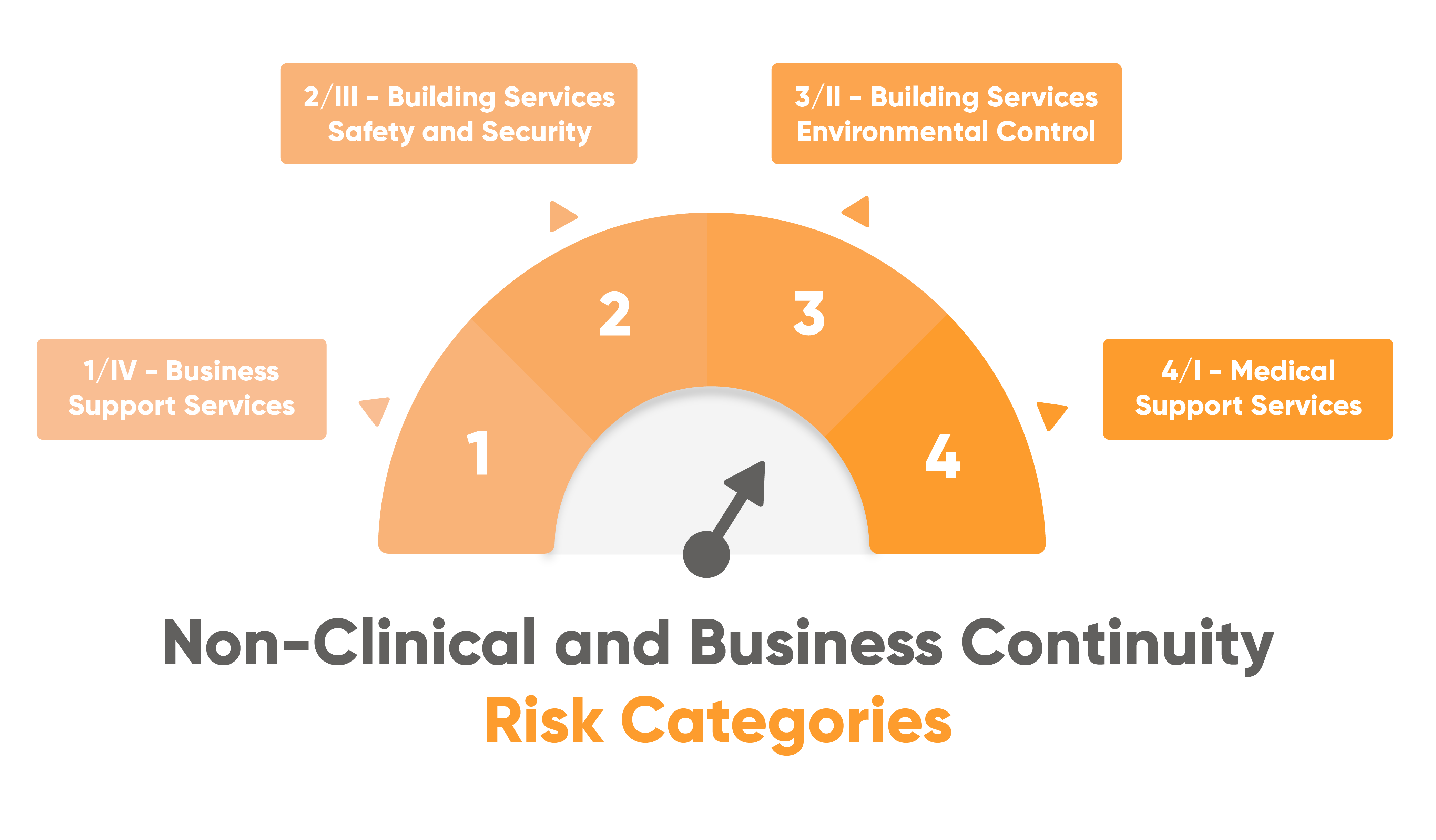
Category 1 (IV) covers departments such as finance, or laundries, where the immediate interruption of electrical supply would not compromise a patient. Local single conversion UPS could be provided for certain instances where computer applications require to be shut down safely.
Category 2 (III) accounts for Building Services Safety and Security, and could include areas such as IT Node Rooms etc. In the ever-evolving digital environment we live in; the ICT services provide the backbone to healthcare buildings. Areas like these should be provided with single conversion UPS systems to maintain the integrity of supply in case of an electrical outage.
Category 3 (II) considers HVAC systems, energy centres and building managements systems. The “Building Services Environmental Control” category. Interruption to this electrical supply could compromise patient safety, with the environmental conditions of their treatment area being unable to be maintained to required setpoints.
Category 4 (I) is the medical support areas such as laboratories, medical records, physiotherapy etc. Electrical Load Management should be considered in these areas where interruption to the electrical supply for periods of 2 hours or more.
Why Wallace Whittle?
We’re dedicated partners committed to ensuring the success of every project. Our proactive approach to early communication and coordination ensures that each room within a healthcare facility is accurately categorised to meet the unique needs of staff and patients.
From the initial concept to final implementation, we seamlessly integrate our expertise from our 8 offices, providing comprehensive support and guidance. Whether you’re designing on a new facility or regenerating an existing one, we provide a presentation overview to our clients on each of the different categorisation, whilst also speaking directly to clinical staff who will be involved with the day to day running of the hospital, this is where we can break down the categorisation into simpler engineering terms, to then find out want they want from their building.
Our work includes successful projects like the new Balfour Hospital and the expansion of the Golden Jubilee National Hospital and currently includes the full MEP design of the Monklands Replacement Project. These examples highlight our capability to manage complex healthcare environments and deliver tailored solutions.
Prioritising the continuous supply of electrical infrastructure in healthcare facilities is not only about meeting regulatory requirements; to us, it’s about safeguarding lives, ensuring operational continuity, and upholding professional standards. At Wallace Whittle, we take pride in our ability to address these critical needs and fulfil the expectations of our healthcare partners and clients.
If you’d like to discuss your next Healthcare project with us, or want to find out more, email [email protected]
